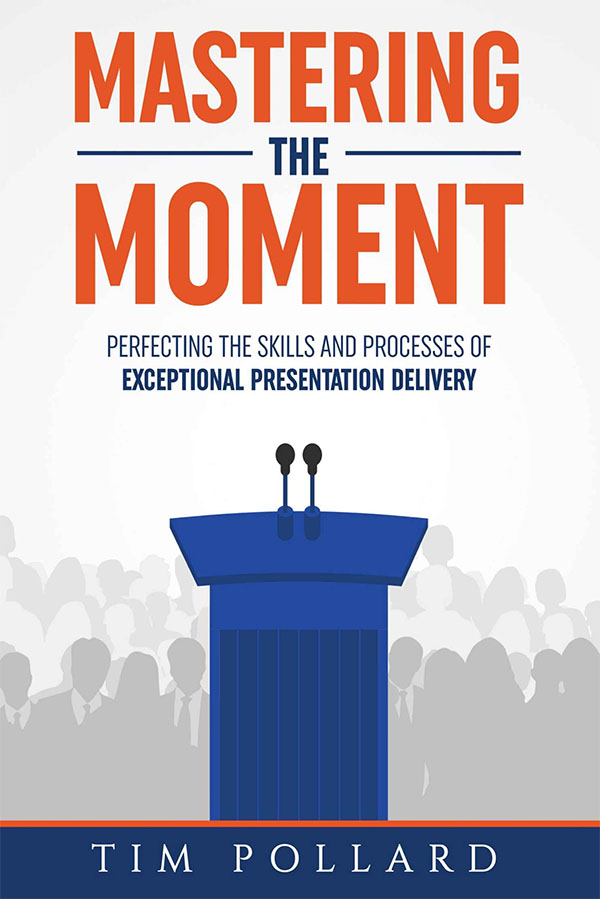I’m sure you’ve worked with someone who can’t finish a sentence without using at least one buzzword. Shout out to my former colleague who was fond of “helping clients catalyze transformative paradigm shifts and disruptive innovations across the enterprise.” He knows who he is. If only the problem were limited to a few bad apples. But it’s not. We are drowning in buzzwords. And to quantify it, Grant Thornton launched a Jargon Index earlier this year to measure trending buzzwords in the news, social media, and Fortune 500 websites.
Buzzwords are a pervasive problem. They’ve spread like a virus from recent MBA grads flexing their knowledge to marketing departments churning out copy so jargon-laden that it’s hard to read. Many people hide behind buzzwords because they don’t really understand what they’re talking about. Others are coerced into using buzzwords because they are deeply embedded in the company’s culture.
These days every company is “best-in-class” with “game-changer” solutions and “value-added” services. These words are ubiquitous, and they have lost all meaning. The very definition of a buzzword is “an important-sounding usually technical word or phrase often of little meaning used chiefly to impress laymen.” Buzzwords aren’t just meaningless, they also send a subtle message that we lack depth and substance.
Here’s why this is a problem. Let’s be honest: no one likes reading or writing this stuff. It’s universally reviled. If that’s not reason enough, consider how it hurts your company. Buzzwords aren’t effective tools of persuasion. They don’t compel our customers to do what we want them to do – follow our advice, buy our products, or renew our services. And they don’t motivate our teams either. When someone takes an action we want, the truth we don’t want to admit is that it’s often in spite of the language we used, not because of it.
When we use buzzwords, we perpetuate a linguistic crime against our audience and limit our company’s success. You can’t stand out from your competitors when every company sounds the same. You can’t communicate what you do for customers when the words you use have lost all meaning. You can’t inspire your employees to live your company values when no one can figure out exactly what they mean.
Buzzword-free communication makes your messages more powerful because the meaning is clear. Conversations with clients are easier when you use direct language to describe what you’re selling and how it solves a meaningful problem. No more ad libbing buzzword-filled slides in an attempt to distill meaning from vague statements. Instead, you can say what you mean and what your audience really needs to hear.
Effective communicators use persuasive and direct language. That means buzzwords are out. If you aren’t sure what words are considered buzzwords, someone has kindly catalogued many of them on a Wikipedia page.
Here are three things you can do to be a better communicator and help your company achieve better outcomes:
- As a professional: commit to using precise, persuasive, and direct language. No more buzzwords.
- As a manager: hold your team accountable for communicating clearly. Set the tone and bar for effective communication.
- As a leader: challenge the buzzword status quo in your company culture. Politely push back on the effectiveness of jargon-laden communication. Inspire others to change along with you.
“buzzword.” Merriam-Webster.com. 2018. https://www.merriam-webster.com/dictionary/buzzword (8 October 2018).”




